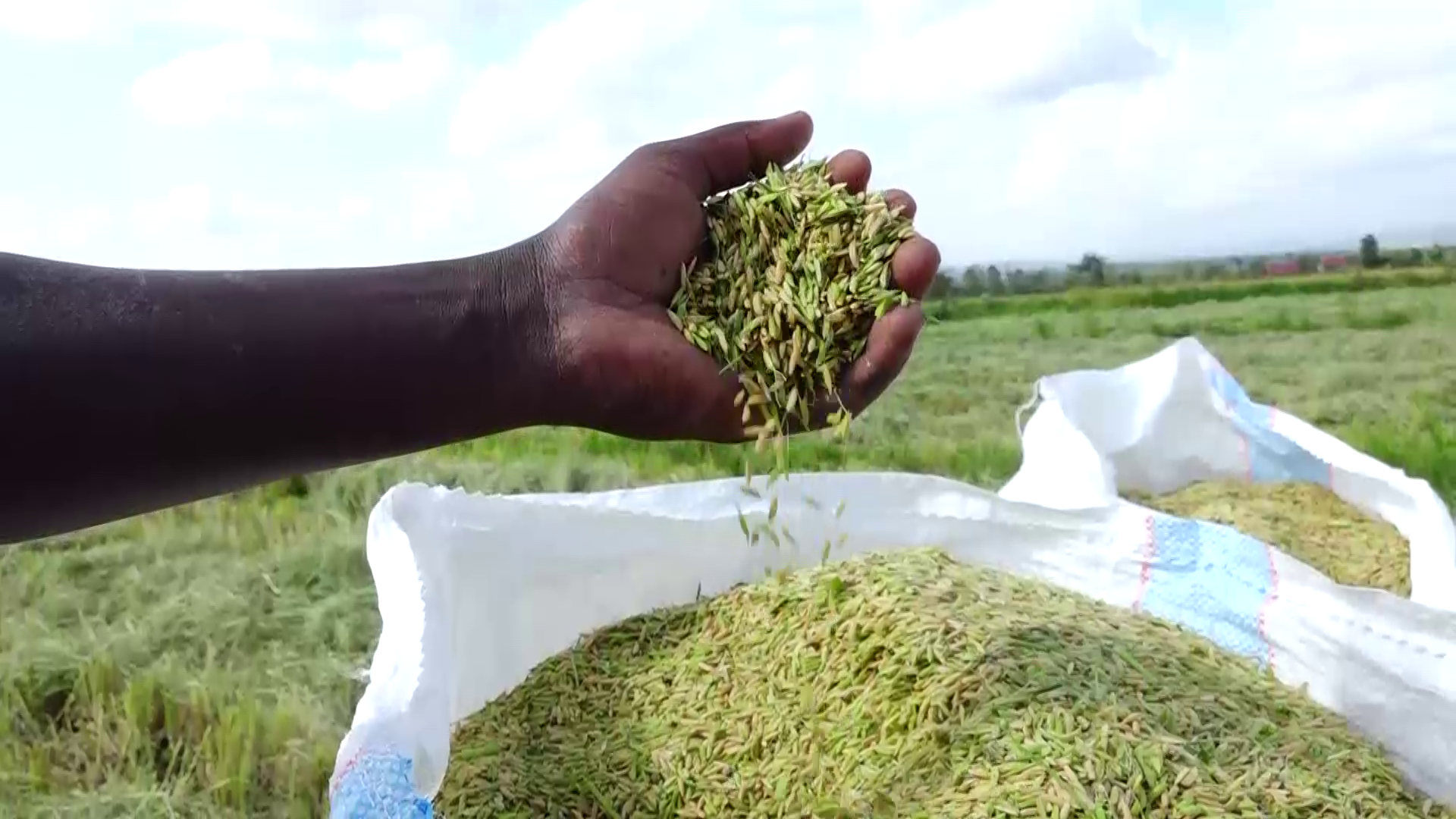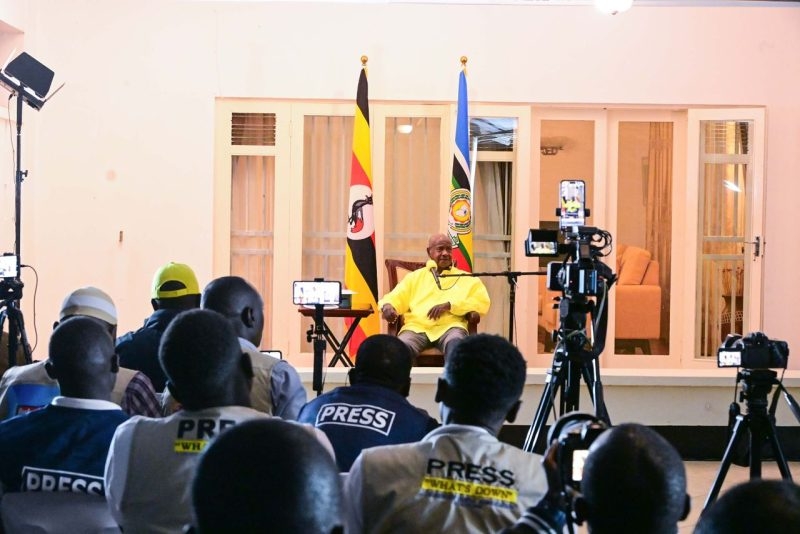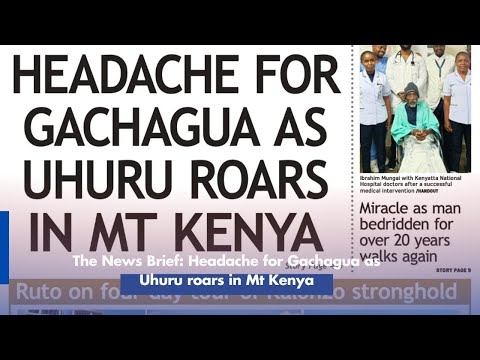
 A farmer sifts unprocessed rice grains in a rice field in Mwea Irrigation scheme in Kirinyaga County/ALICE WAITHERA
A farmer sifts unprocessed rice grains in a rice field in Mwea Irrigation scheme in Kirinyaga County/ALICE WAITHERAAs rice farmers from Mwea Irrigation Scheme in Kirinyaga continue to raise alarm over the proliferation of cheap imports in the market, Governor Anne Waiguru has asked the national government to clear their stock first to cushion them from losses.
The government has been importing duty-free rice to fill a production deficit and avert a shortage that could see rice prices shoot up.
The scheme provides more than 80 per cent of the national rice production of about 264,000 tonnes, against a demand of about 1.3 tonnes annually.
But the governor said the government should prioritise locally produced rice before allowing the importation of the duty-free rice so farmers can realise returns after their hard work.
She said the harvesting season for rice is setting in, with farmers expected to harvest more than 100,000 tonnes, and that the importation of white rice could further destabilise prices.
Waiguru, who spoke at the county assembly on Tuesday, said while it is understandable the country does not produce enough rice to meet the national demand, it is only imperative that priority is given to local rice farmers.
“The rice imports should only be to fill the deficit and not to flood the market, so before you import rice from outside, priority should be given to our farmers,” she said.
In August, the High Court in Kerugoya stopped the government’s plan to import 500,000 tonnes of duty-free rice, following a petition filed by the Farmers’ Party on behalf of the growers.
Justice Edward Muriithi allowed the state to import 250,000 tonnes and gave it until October 31 to procure the imports, imploring the government to ensure locally produced rice is bought before turning to foreign produce to fill production deficits.
But farmers have claimed their stores are still full with more than 15,000 bags of rice stocked in their stores over lack of market as growers wait for their pay in vain.
The governor further said rice farmers should be allowed to buy the Mwea Rice Mills (MRM) when it is offered for privatisation.
Waiguru said farmers own 45 per cent of the mill and should be given the first priority to buy the 55 per cent national government’s stake in the facility.
“The county government will fight for the farmers to be given first priority in acquiring the national government shares in MRM so that they can run the factory”.
She said interventions in water distribution upon the completion of Thiba dam are now bearing fruit, with farmers now able to grow rice in three seasons, compared to one season previously.
“As a result, Mwea Irrigation Scheme is now Kenya's leading rice producer, accounting for about 80 per cent of the nation's rice output, with a current total annual production of 210,000 tonnes, up from 90,000 tonnes in 2017, and providing an income of Sh15 billion,” she said.
Last week, Mwea Rice Growers chairman Ndege Muriuki said farmers are deeply worried that the decision could lead to unsustainable price drops.
“With imported rice entering duty-free, we fear that our local Basmati rice will have nowhere to go. We will begin harvesting our main season crop and expect a bumper harvest and if we lack a market for that, we will suffer huge losses,” he said.

















